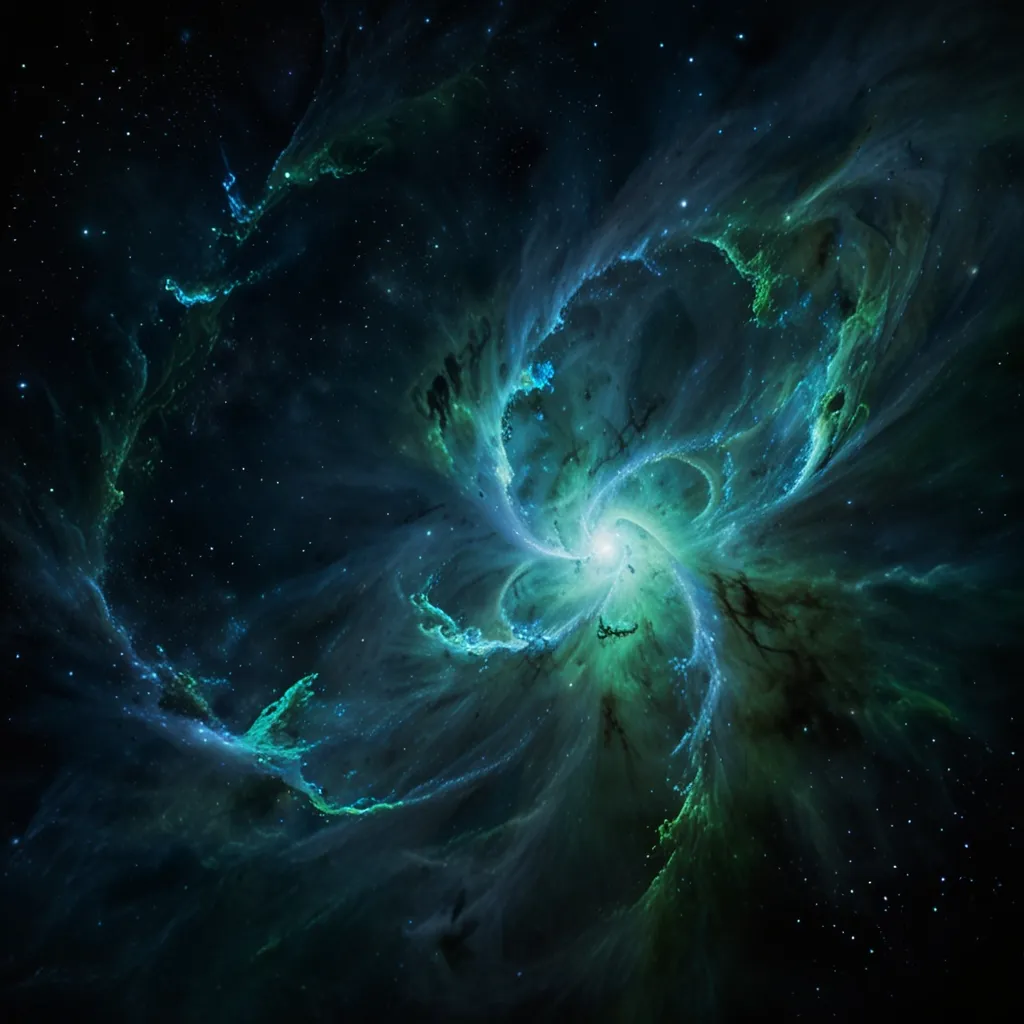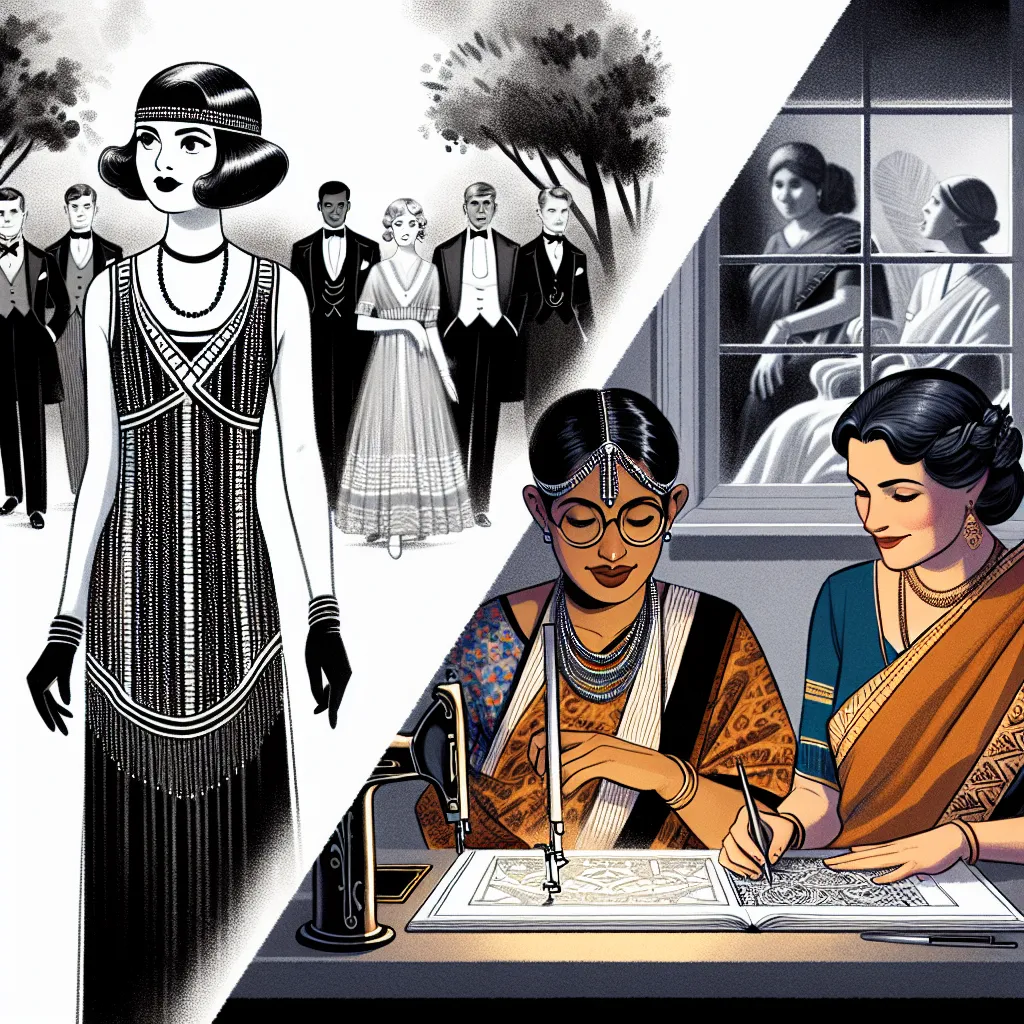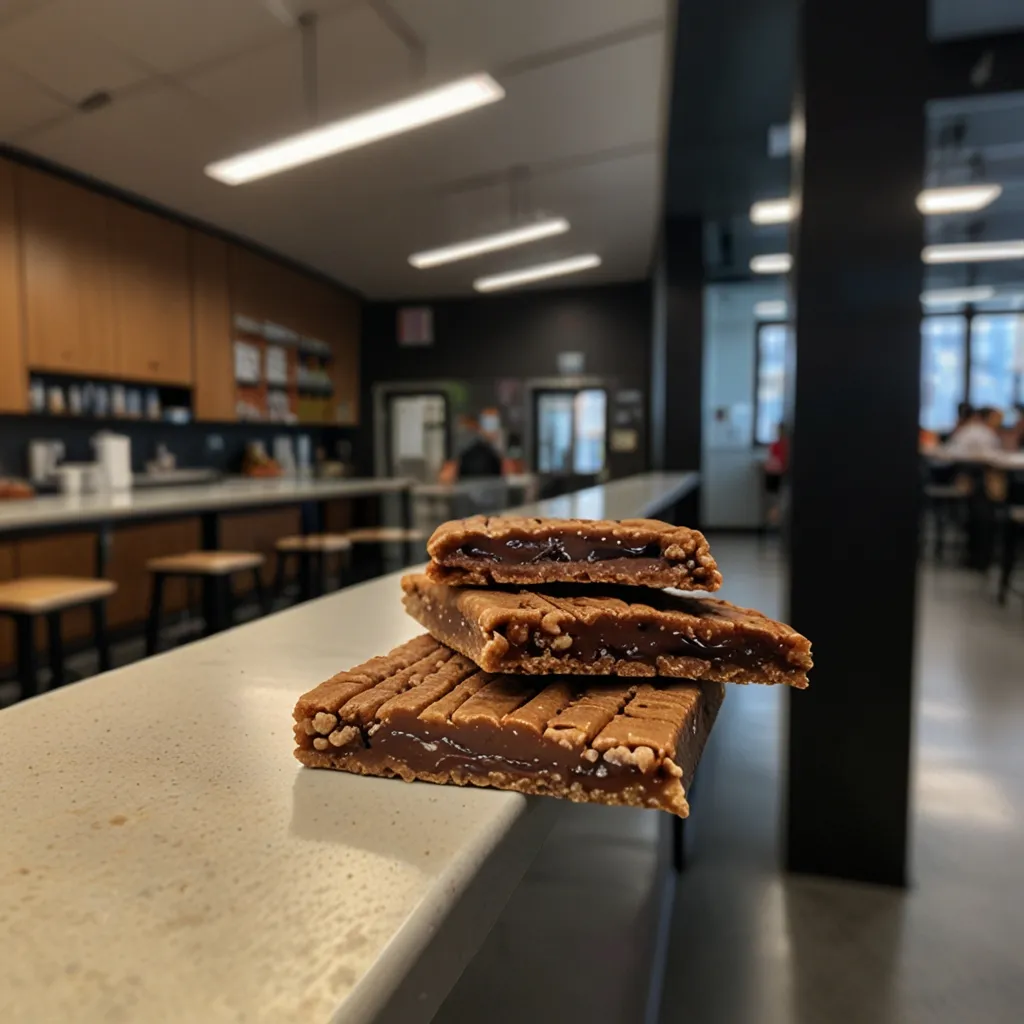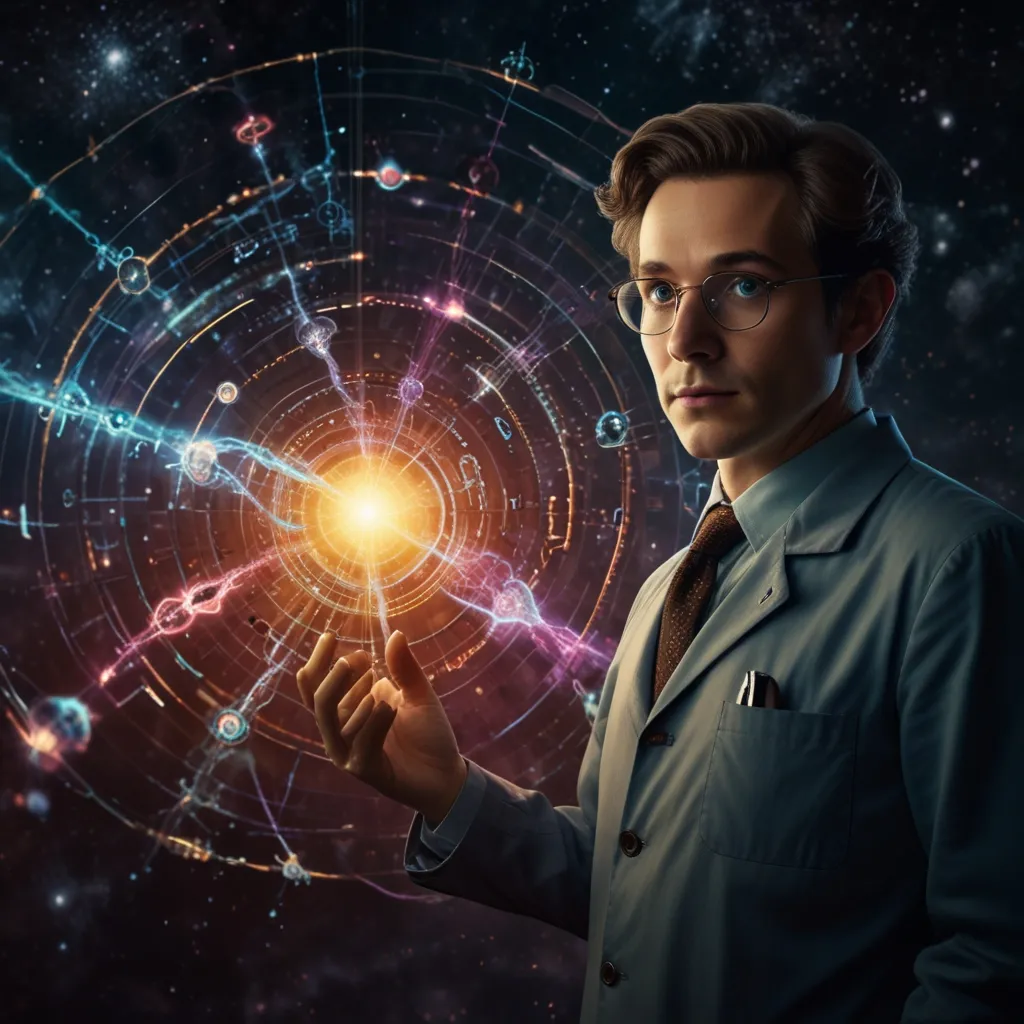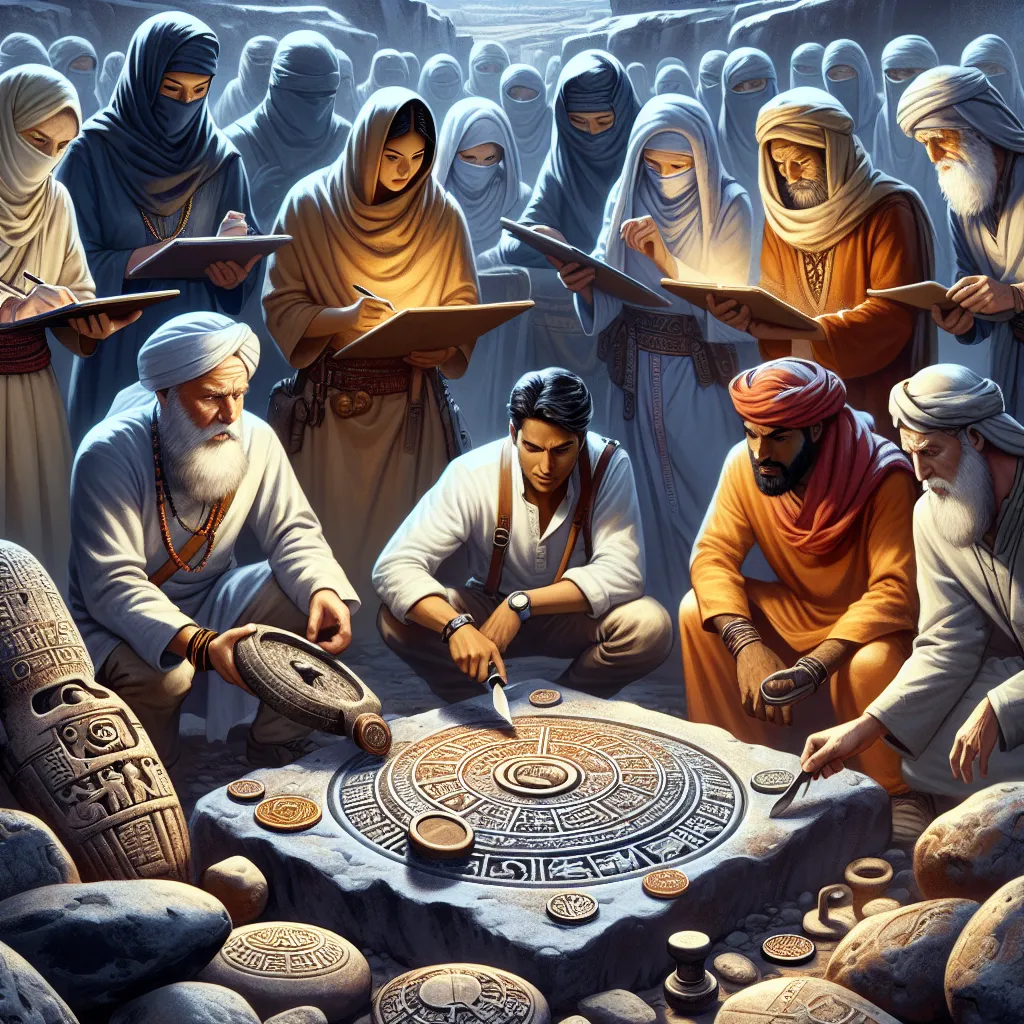Nitrogen: The Element of Life, Death, and Maybe Immortality
Nitrogen is one crazy element. It’s like the ultimate party crasher of the periodic table, showing up everywhere and messing with everything. But here’s the kicker - we can’t live without it. Seriously, it’s in our DNA, our muscles, even the air we breathe. It’s the secret sauce of life itself.
Now, picture this: it’s the early 1900s, and everyone’s freaking out because we’re running out of food. The soil’s getting tired, crops are failing, and people are thinking, “Well, this is it. We had a good run, humanity.” But then, like a scientific superhero, Fritz Harbor swoops in with his big brain and even bigger mustache.
Fritz figures out how to grab nitrogen from the air and turn it into plant food. Boom! The Harbor-Bosch process is born, and suddenly we can grow enough food to feed billions. It’s like he gave the Earth a magic fertilizer potion. Half the people alive today owe their existence to this guy’s lightbulb moment.
But hold up, because Fritz’s story isn’t all rainbows and butterflies. The same process that helps grow our food? Yeah, it also helped make explosives. During World War I, Fritz went full mad scientist and started cooking up chemical weapons. Talk about a plot twist, right?
This is where nitrogen’s dark side comes out to play. It’s not just about making things grow - it can make things go boom, too. We’re talking major explosions, folks. Nitrogen compounds have been linked to a mind-boggling 100 million deaths in the 20th century alone. That’s like wiping out the entire population of Canada three times over. Yikes.
But wait, there’s more! Nitrogen’s got a knack for causing trouble even when it’s not exploding. Too much of it in water? Say hello to algae blooms and dead fish. In the air? It’s party time for air pollution and climate change. It’s like nitrogen can’t decide if it wants to be our best friend or our worst enemy.
Now, let’s get weird for a second. Some folks think nitrogen might be the key to finding aliens. No, seriously. The idea is that if there’s intelligent life out there, they might be using nitrogen and leaving behind pollution just like us. So if we spot a planet with a suspicious amount of nitrogen in its atmosphere, we might have just found E.T.’s home address.
But here’s where things get really wild. Some people think nitrogen might be their ticket to immortality. Enter cryonics - the idea of freezing yourself (or just your head, if you’re feeling extra quirky) in liquid nitrogen, hoping future scientists can defrost and revive you. It’s like hitting the pause button on death and waiting for science to catch up.
Dr. Anders Sandberg is one of these hopeful popsicles-to-be. He’s got a special medallion that tells doctors to ice him down and start the freezing process if he’s about to kick the bucket. His reasoning? “This body isn’t that great. I’m hoping to get a beautiful cyborg body in the future. That’s the only way I’m going to get a six-pack.” Can’t argue with that logic, right?
Now, most scientists think this whole cryonics thing is about as likely as pigs flying or politicians always telling the truth. But you’ve got to admire the optimism. It’s like taking the ultimate power nap and hoping to wake up in a sci-fi utopia.
But here’s a thought that might blow your mind: even if cryonics doesn’t pan out, nitrogen’s still got our backs in the end. When we die, our bodies break down and all those nitrogen atoms that made us “us” get recycled back into the planet. They become part of the soil, the plants, maybe even other people. It’s like we’re all playing an endless game of atomic musical chairs.
So, what’s the takeaway from all this nitrogen madness? Well, for starters, maybe we should ease up on the fertilizers and fossil fuels. Our nitrogen-happy ways are messing with the planet big time. But on a more philosophical note, it’s a reminder of how complex and interconnected everything is.
Nitrogen gives us life, but it can also bring death. It helps us grow food to feed billions, but it can also blow stuff up. It might help us find aliens or achieve immortality, or it might just be the element that reminds us we’re all part of this big, weird cycle of life and death.
So next time you’re chowing down on a salad or taking a deep breath, give a little nod to nitrogen. It’s the unsung hero (and sometimes villain) of our world, quietly shaping our past, present, and maybe even our future. Who knows? Maybe one day we’ll all be chilling in nitrogen-cooled robot bodies, looking back on these times and laughing about how we used to worry about things like death and taxes. Until then, let’s try to keep our nitrogen use in check and appreciate the wild ride this element takes us on every single day.
